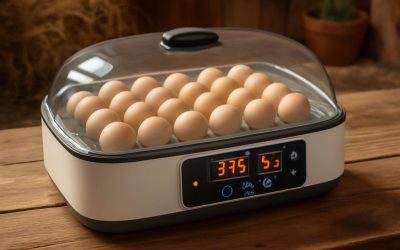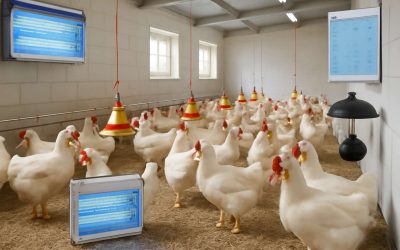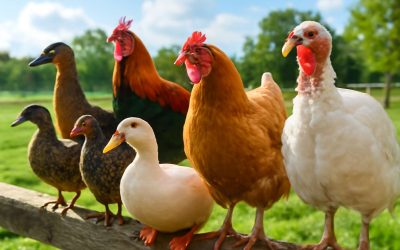
An egg incubator machine is a device that creates the appropriate temperature and humidity for eggs to be hatched. The machine provides an excellent and safe way to monitor the development of the eggs and to detect whether they are fertile or not. Using an incubator helps reduce the time and expense of producing healthy chicks.
Incubators have become popular in the backyard. They are used by farmers who sell eggs for hatching. There are also commercial models available for sale. Egg incubators are a valuable tool for novice poultry producers. To determine which type of incubator is best for your needs, take into consideration the number of eggs you are planning to incubate and how much space you have available.
Before incubating eggs, make sure that the incubator is clean and well maintained. You should check the thermometer and hygrometer to make sure that the temperatures are correct. Additionally, the humidity should be regulated so that the eggs do not overheat.
When using an egg incubator, you should turn the eggs at least three times a day. This is important because if you do not turn the eggs, they may get too hot or too cold. It is also vital to mark the egg with a pen and pencil so that you can track the turning of the eggs.
Some egg incubator machines have a handle on the outside, making it easy to turn the eggs. However, if you prefer, you can use a hand-turned model. Just remember to use gloves so that you do not spread germs around.
You can also use a wet bulb thermometer to monitor the humidity of the incubator. A small hole should be cut in the box, so that the bulb does not touch the eggs. Alternatively, you can place a tin can over the light bulb.
You should not leave the eggs unattended during the last three days of incubation. If they are exposed to bright light, they may crack or become burned. After that, you can discard the eggs.
To maintain the proper temperature of the incubator, you should keep the air vents partially open. Ideally, the ventilation should be open for a minimum of four hours. Once the chicks begin to hatch, the ventilation should be increased.
Depending on the type of eggs you are incubating, you will need to adjust the humidity. Generally, the recommended humidity is 50 to 55 percent. Other types of eggs require a higher level of humidity.
Egg incubators also contain an overheating protection feature that can help prevent the heating device from overheating. When this happens, the power supply will cut off. Make sure you follow the manufacturer’s instructions on the correct amount of water for your incubator.
Before you begin incubating eggs, you should set the incubator at a moderate room temperature. Also, ensure that the area you choose for your incubator is free of dust. Clean the incubator regularly by wiping it with warm soapy water.



0 Comments